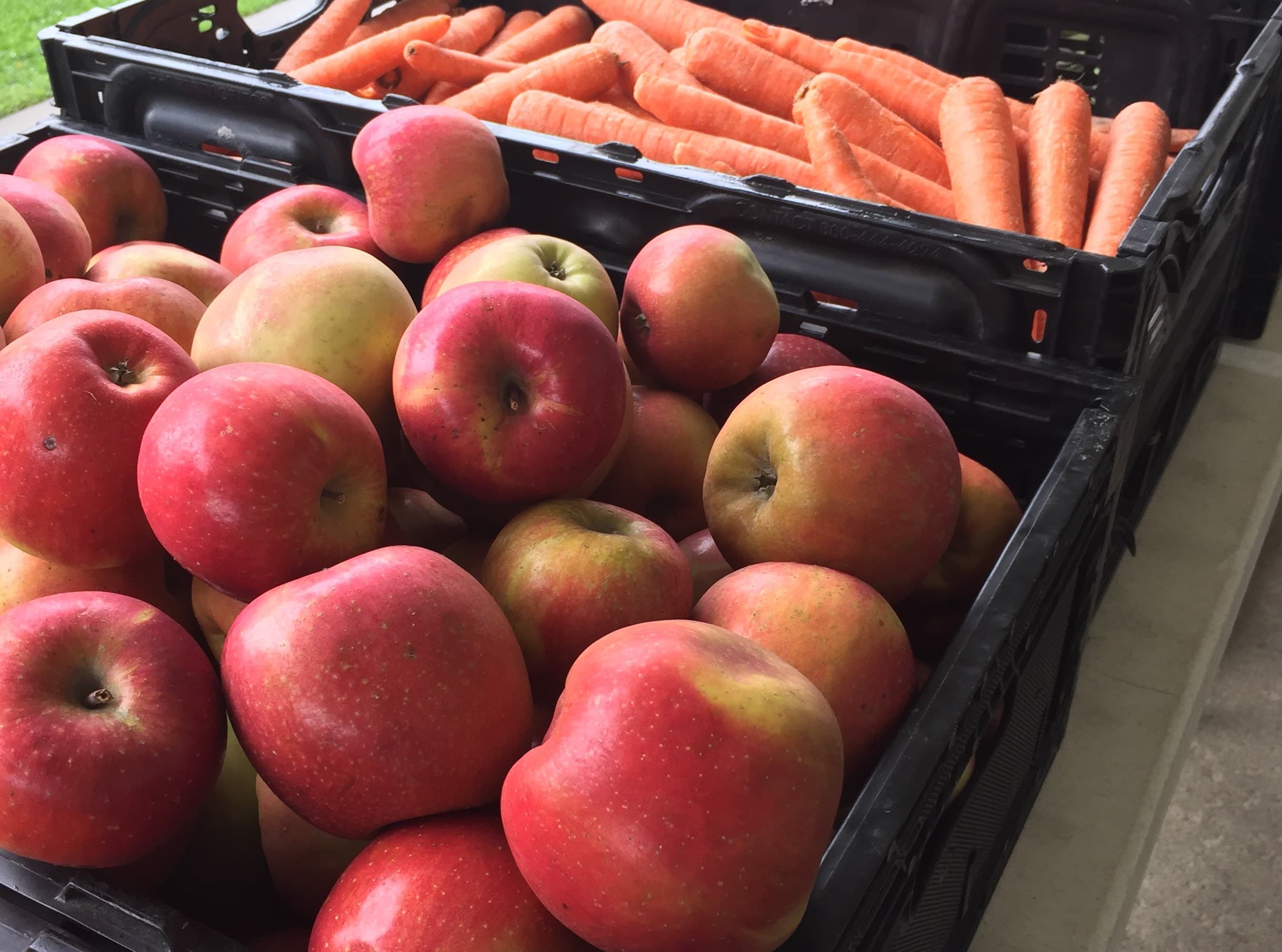Abstract
The private food assistance network has proliferated amidst a receding welfare state, signaling the privatization of food assistance and other social services. While the private food assistance network has been criticized for being insufficient, inaccessible, and unequal, previous research has yet to examine whether private food assistance is harder to access for people based on their race, gender, class, and ability.
Drawing on 21 in-depth, semi-structured interviews with clients and over 225 hours of participant observation at a Northern California food bank and its partner agencies, I examine how clients experience barriers to accessing food assistance services. I examine how inequitable cultural schemas are embedded in the organizational structure, including rules and practices, which contribute to inequity at a structural level as people try to access and use food assistance services. I identify four manifestations of these structural barriers: material resources, nonprofit infrastructure and coordination, communication channels, and policing.
Based on my findings, I argue the structural processes of nonprofits are of key importance when considering the reproduction of inequality in society. Furthermore, these processes show that the emphasis in social service programs should be on equity rather than equality if these social service programs seek to reduce inequalities in society.
